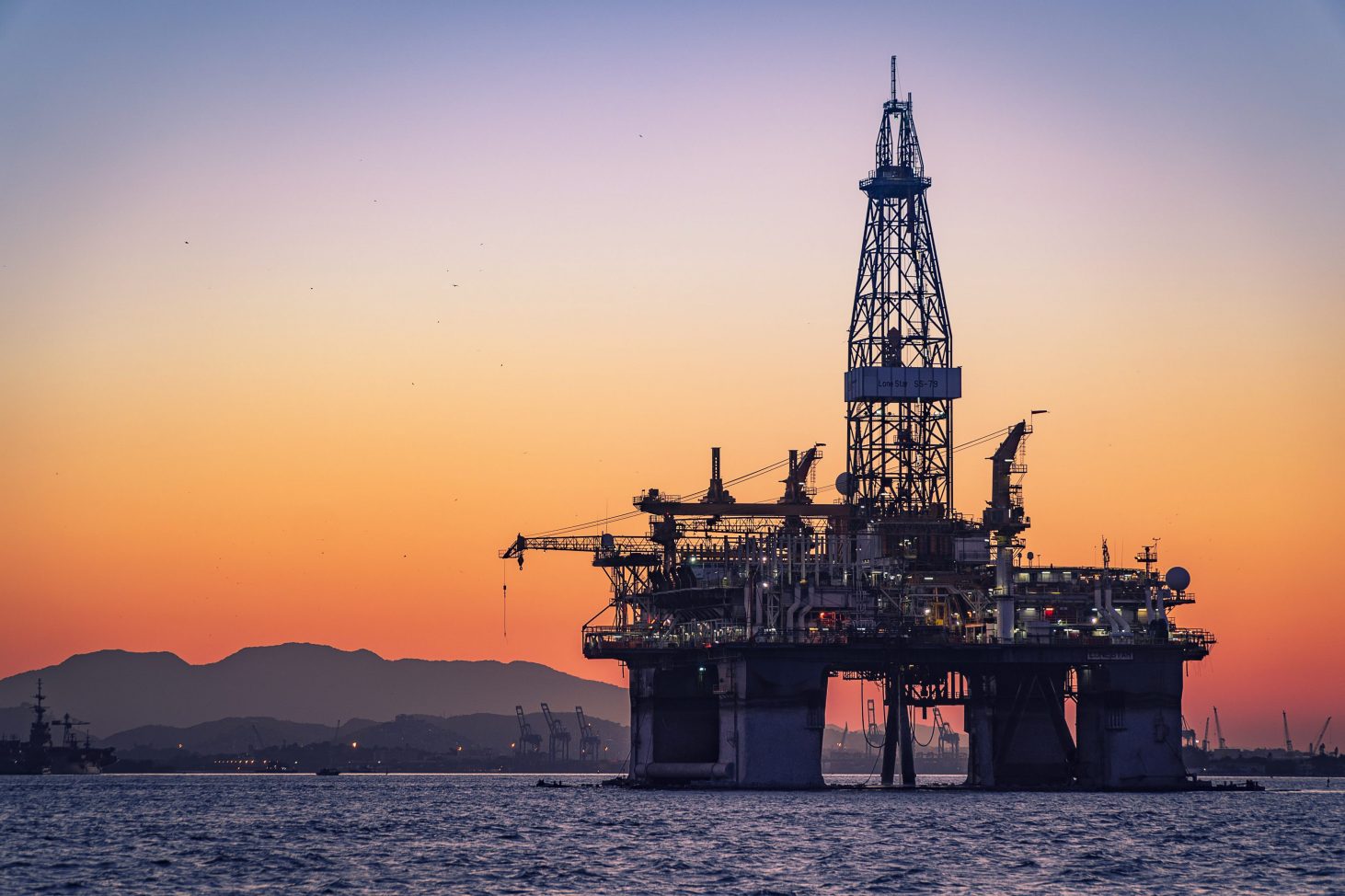A new World Bank report says economic growth in Sub-Saharan Africa (SSA) is set to slow from 3.6 per cent in 2022 to 3.1 per cent in 2023.
This is contained in a statement issued by the World Bank on the latest Africa’s Pulse, the World Bank’s April 2023 economic update for SSA released on Wednesday.
The report said growth across SSA remained sluggish, dragged down by uncertainty in the global economy, and the underperformance of the continent’s largest economies.
It said growth was also dragged down by high inflation, and a sharp deceleration of investment growth in the region.
The report said economic activity in South Africa was set to weaken further in 2023 (0.5 per cent annual growth) as the energy crisis deepens.
It said the growth recovery in Nigeria for 2023 (2.8 per cent) was still fragile as oil production remained subdued.
“In the face of dampened growth prospects and rising debt levels, African governments must sharpen their focus on macroeconomic stability.
“Governments should also focus on domestic revenue mobilisation, debt reduction, and productive investments to reduce extreme poverty and boost shared prosperity in the medium to long term.’’
The report said the real Gross Domestic Product (GDP) growth of the Western and Central Africa sub region was estimated to decline to 3.4 per cent in 2023 from 3.7 per cent in 2022.
“While that of Eastern and Southern Africa declines to 3.0 per cent in 2023 from 3.5 per cent in 2022.’’
The statement quoted Andrew Dabalen, World Bank Chief Economist for Africa as saying “weak growth combined with debt vulnerabilities and dismal investment growth risks a lost decade in poverty reduction.’’
Dabalen said policymakers need to redouble efforts to curb inflation, boost domestic resource mobilisation, and enact pro-growth reforms.
“This should be done while continuing to help the poorest households cope with the rising costs of living.”
The report said debt distress risks remained high, with 22 countries in the region at high risk of external debt distress or in debt distress as of December 2022.
It said unfavorable global financial conditions had increased borrowing costs and debt service costs in Africa, diverting money from badly needed development investments and threatening macro-fiscal stability.
“Stubbornly high inflation and low investment growth continue to constrain African economies.
“While headline inflation appears to have peaked in 2022, inflation is set to remain high at 7.5 per cent for 2023, and above central bank target bands for most countries.”
The report said investment growth in SSA fell from 6.8 per cent in 2010 to 2013 to 1.6 per cent in 2021.
It said there was a sharper slowdown in Eastern and Southern Africa than in Western and Central Africa.
The report said in spite of these challenges, many countries in the region were showing resilience amid multiple crises.
“These include Kenya, Cote d’Ivoire, and the Democratic Republic of Congo (DRC) which grew at 5.2 per cent, 6.7 per cent, and 8.6 per cent in 2022.”
The statement quoted James Cust, World Bank Senior Economist as saying “rapid global decarbonisation will bring significant economic opportunities to Africa’’.

